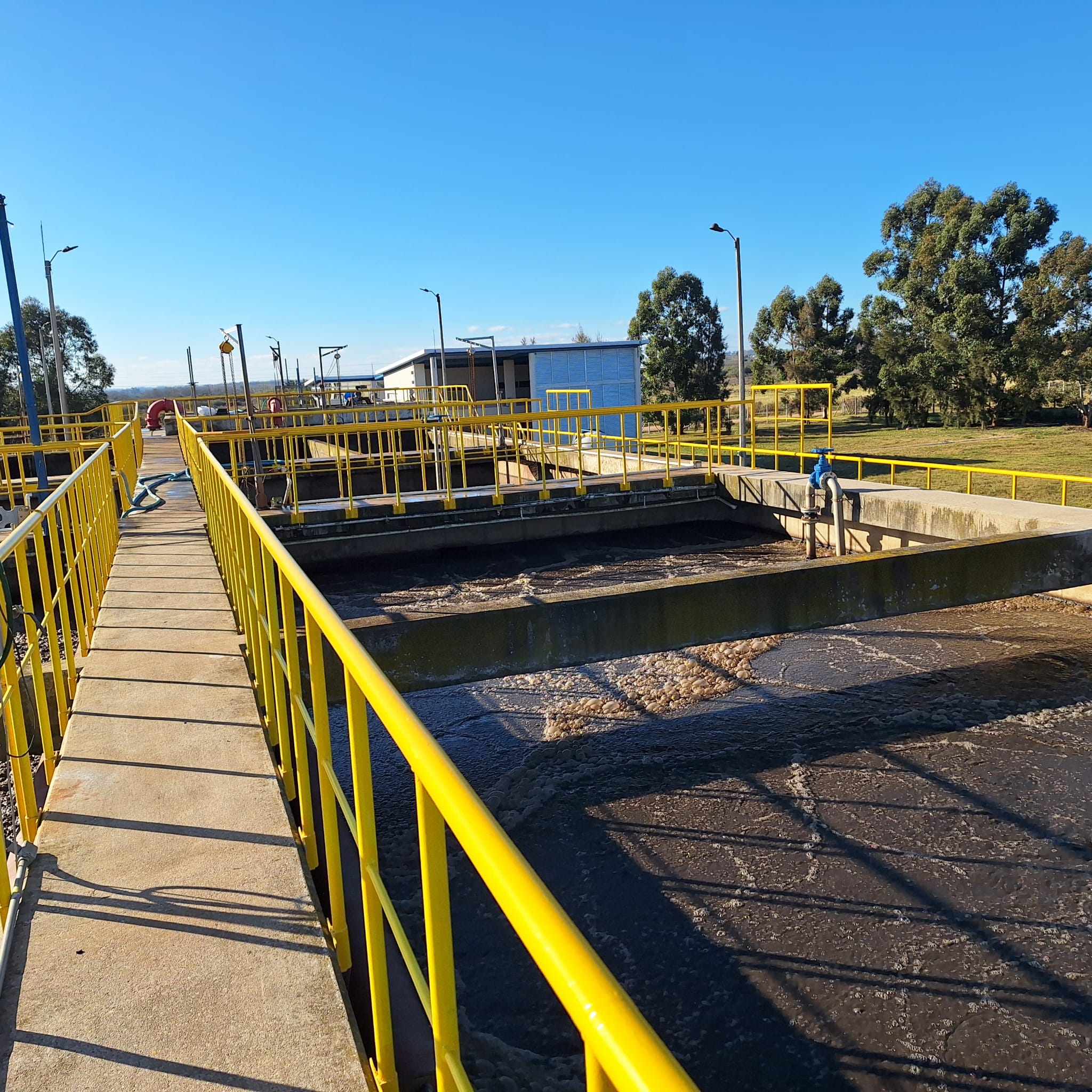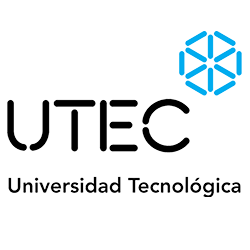Reducing energy consumption in wastewater treatment processes (Uruguay)

This thesis investigates energy optimisation at the Canelones Wastewater Treatment Plant (WWTP) in Uruguay by combining advanced process modelling with an automatic aeration strategy driven by effluent nitrate concentration. A previously calibrated BioWin model was rigorously validated under the STOWA protocol and then used to compare the plant’s current dissolved-oxygen-based aeration regime with a PID controller that modulates airflow according to real-time nitrate readings.
Simulations show that nitrate-based control halves the total nitrogen concentration in the effluent, keeps organic-matter removal well within regulatory limits, and cuts aeration energy demand substantially. An economic analysis reveals a payback period of less than one year, underscoring the dual environmental and financial benefits of effluent-quality-driven control. The study therefore positions nitrate-regulated aeration as a decisive step toward the long-term sustainability of wastewater treatment plants in Uruguay.

